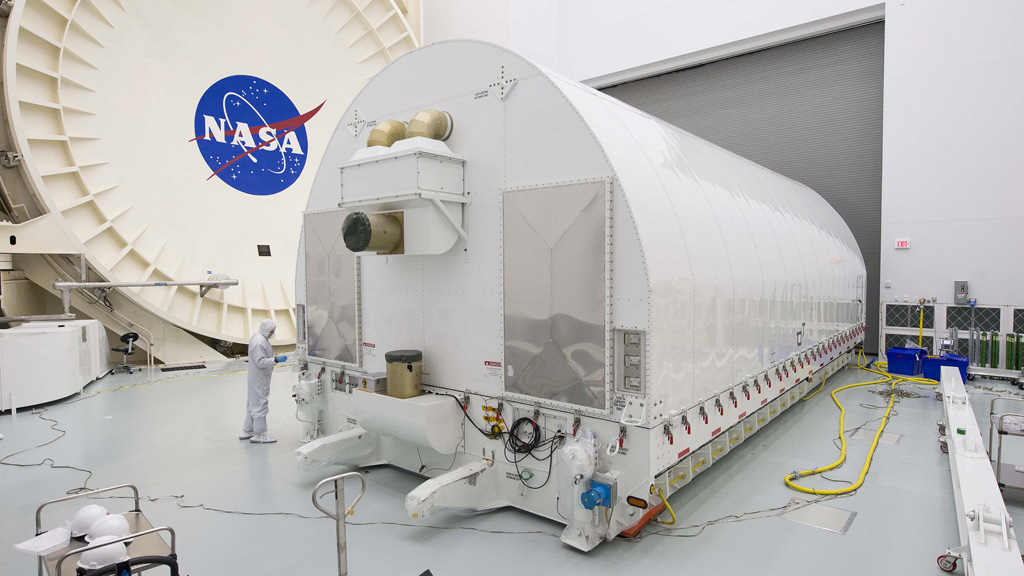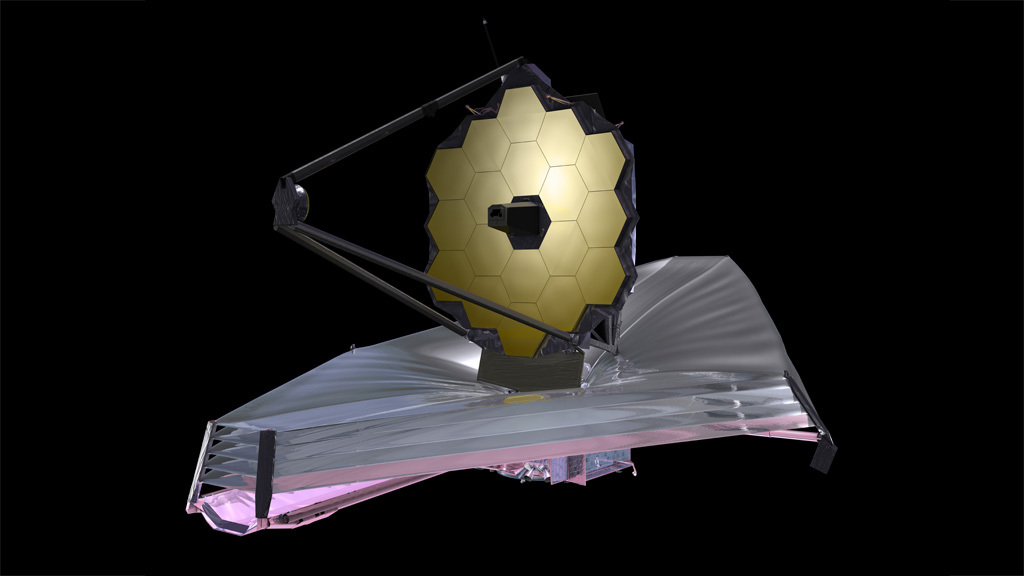The Beauty of Webb's Mirrors

The Webb telescope’s mirrors are beautiful, but they are also amazing feats of engineering.
NASA’s James Webb Space Telescope’s gold-plated, beryllium mirrors are beautiful feats of engineering. From the 18 hexagonal primary mirror segments, to the perfectly circular secondary mirror, to the slightly trapezoidal tertiary mirror, each reflector went through a rigorous refinement process before it was ready to mount on the telescope. This critical formation process had to be flawless. Webb will use the mirrors to peer far back in time to capture the first luminous objects and the creation of the first stars and galaxies. Watch the video to see how Webb’s mirrors were made.
Birthed from beryllium powder, Webb's mirrors were finely crafted to create the telescope’s beautiful, golden optical element.

Webb telescope's mirrors are coated with a very thin layer of gold to improve their ability to reflect infrared light.

Webb's secondary mirror captures light from the 18 primary mirror segments and relays those images to the telescope's tertiary mirror.

Webb’s tertiary mirror captures light from the secondary mirror and relays it to the fine-steering mirror and science instruments.

The beauty of Webb's primary mirror is apparent as it rotates past a cleanroom observation window at NASA's Goddard Space Flight Center.
For More Information
Credits
Please give credit for this item to:
NASA's Scientific Visualization Studio
Primary Mirror Segment Cryogenic Testing Image Credit: NASA/MSFC/David Higginbotham
Gold-coated Engineering Design Unit (EDU) Primary Mirror Segment Image Credit: Ball Aerospace/Drew Noel
A Clear Reflection on the Webb Telescope's Secondary Mirror Image Credit: NASA/Chris Gunn
James Webb Space Telescope Tertiary Mirror Image Credit: Ball Aerospace/Ben Gallagher, Quantum Coating Incorporated
May 4th - Goddard Takes a Selfie in JWST Image Credit: John Mather
-
Writer
- Eric Villard (InuTec, LLC)
-
Producer
- Eric Villard (InuTec, LLC)
Release date
This page was originally published on Tuesday, January 23, 2018.
This page was last updated on Wednesday, May 3, 2023 at 1:47 PM EDT.

